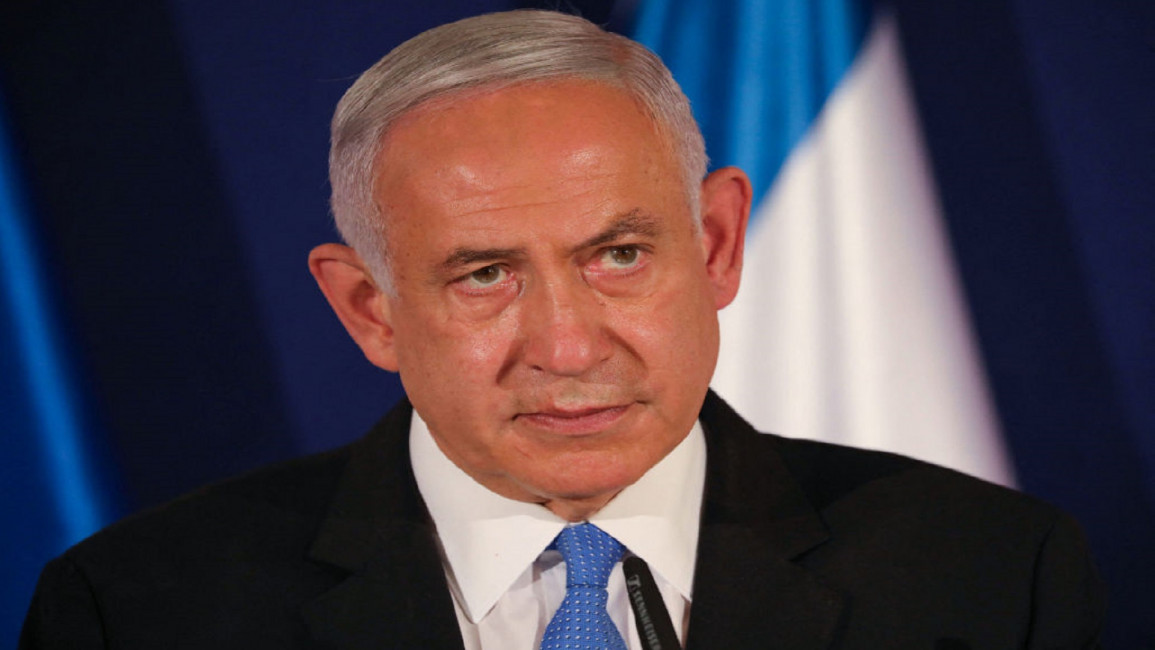Israel president to pick leader to form government by April 7
Israel's President Reuven Rivlin said Monday he will pick a candidate to form the next government by April 7, following a tightly fought general election.
The president will "hold a round of consultations with all parties on Monday 5 April," a statement from his office said, adding that "the task of forming a government would be assigned to one of the candidates by Wednesday".
Israeli voters last week gave Prime Minister Benjamin Netanyahu's Likud party 30 seats, the biggest bloc in the 120-member parliament.
However, to extend his 12 years in office, Netanyahu will need to form a coalition of at least 61 lawmakers.
A group of 57 lawmakers is trying to oust the veteran premier, who is on trial for corruption.
So far, the parties of 52 lawmakers are likely to back Netanyahu.
Naftali Bennett's hard-right Yamina party, which won seven seats, has not declared its loyalty.
Among the challengers is former military chief Benny Gantz, who was Netanyahu's main rival in three previous elections before joining a unity government to battle the coronavirus.
His Blue and White party shrank to eight seats, and Gantz called on his fellow "change camp" leaders to speak with one voice.
"I've called upon the leaders of the pro-change bloc to sit down as soon as possible so that we can get an honest government in place and end the Netanyahu era," Gantz said Monday in a statement.
An Arab Islamist party has emerged as an unlikely tie-breaker.
Raam party chairman Mansour Abbas told AFP last week that he had not yet made up his mind.
"The interests of our Arab community will be the parameters of the final decision," he said.
The leading candidate will have 28 days to form a coalition.
The president can extend the deadline by another 14 days before assigning a new candidate to form a coalition or deciding nobody can build a government -- setting the stage for Israel's fifth election since 2019.
Also Monday, evidence-gathering begins in Netanyahu's trial on corruption charges.
Netanyahu, the first Israeli premier to be indicted in office, was formally charged last year over allegations of accepting improper gifts and seeking to trade regulatory favour with media moguls in exchange for positive coverage.
He denies all charges.



